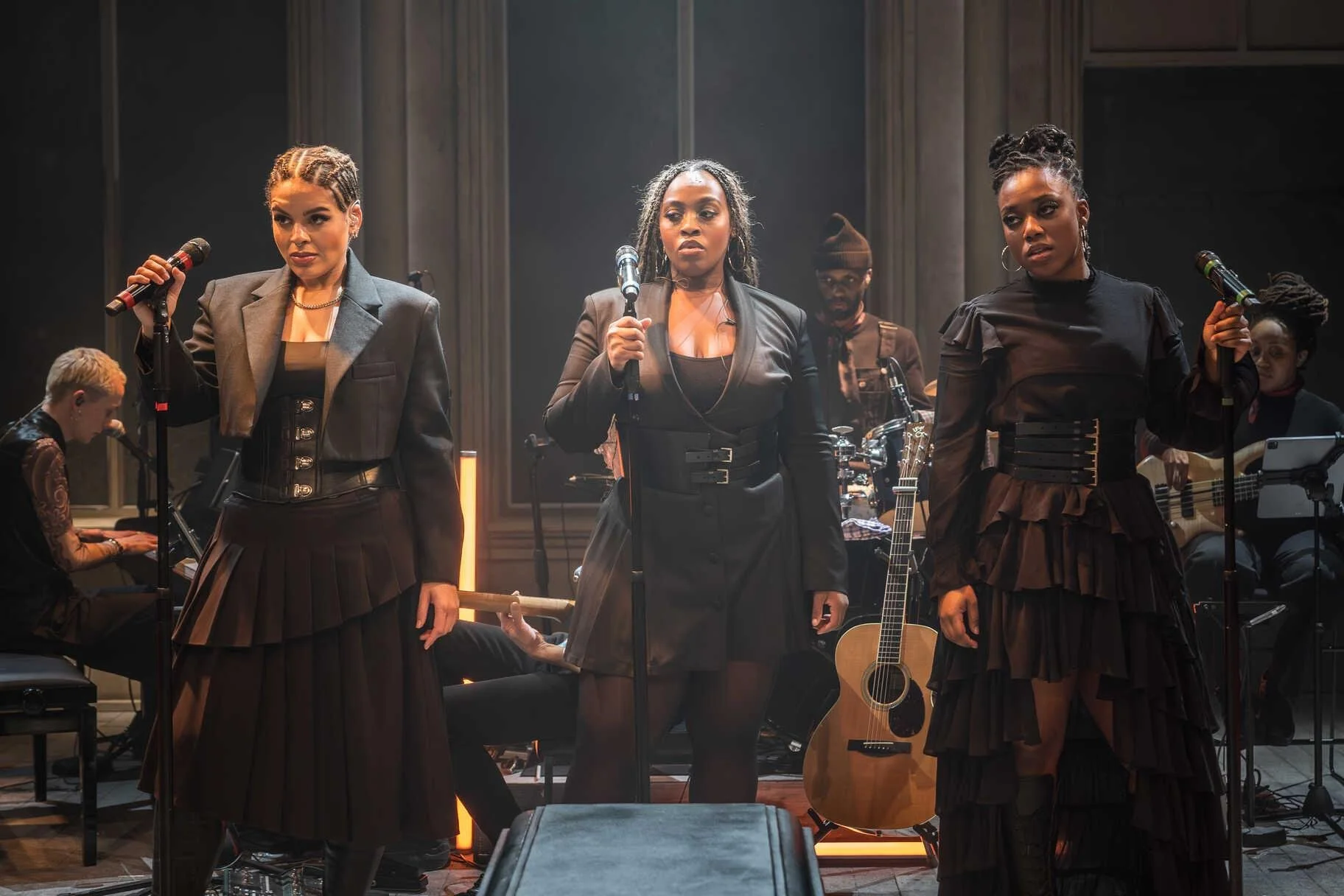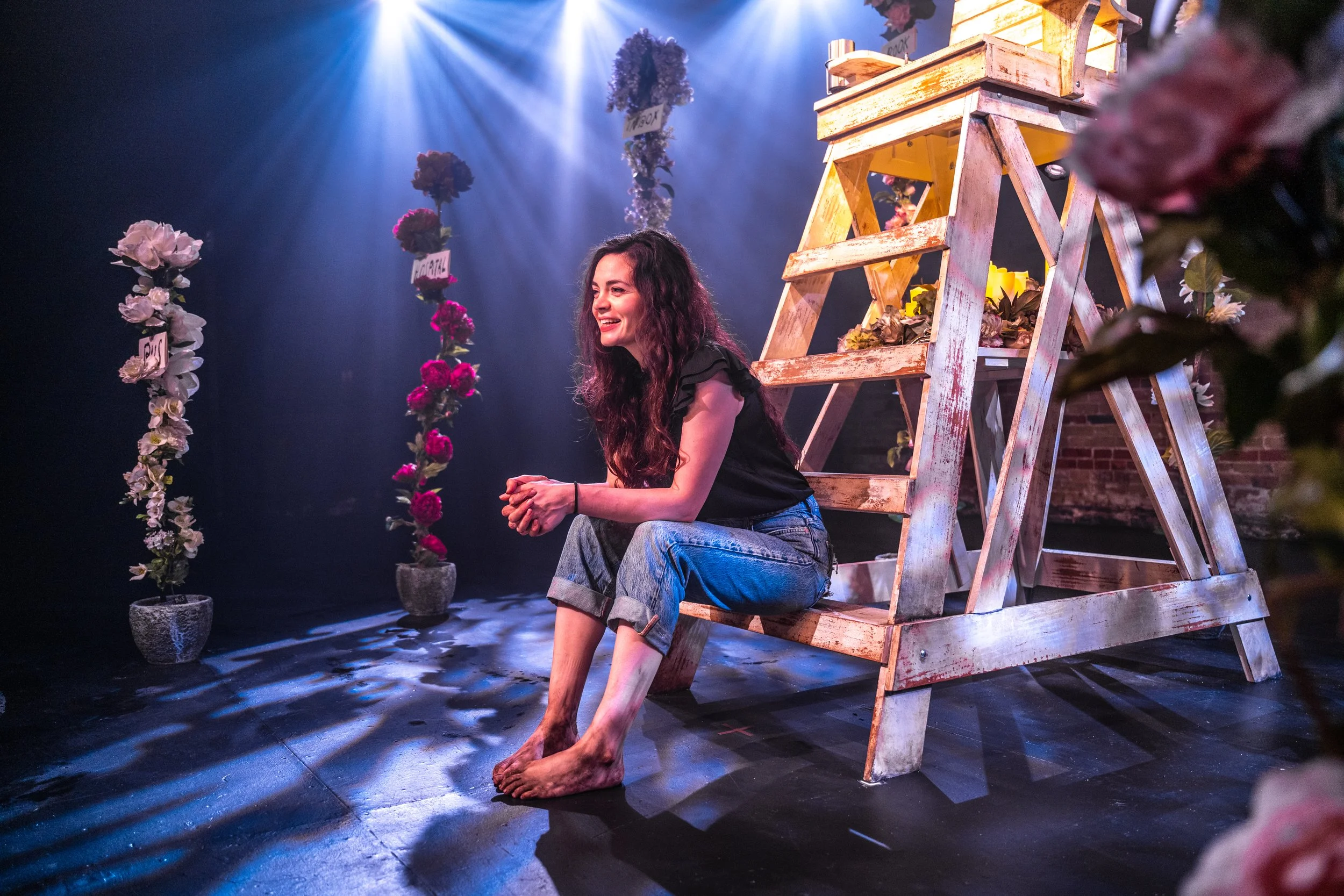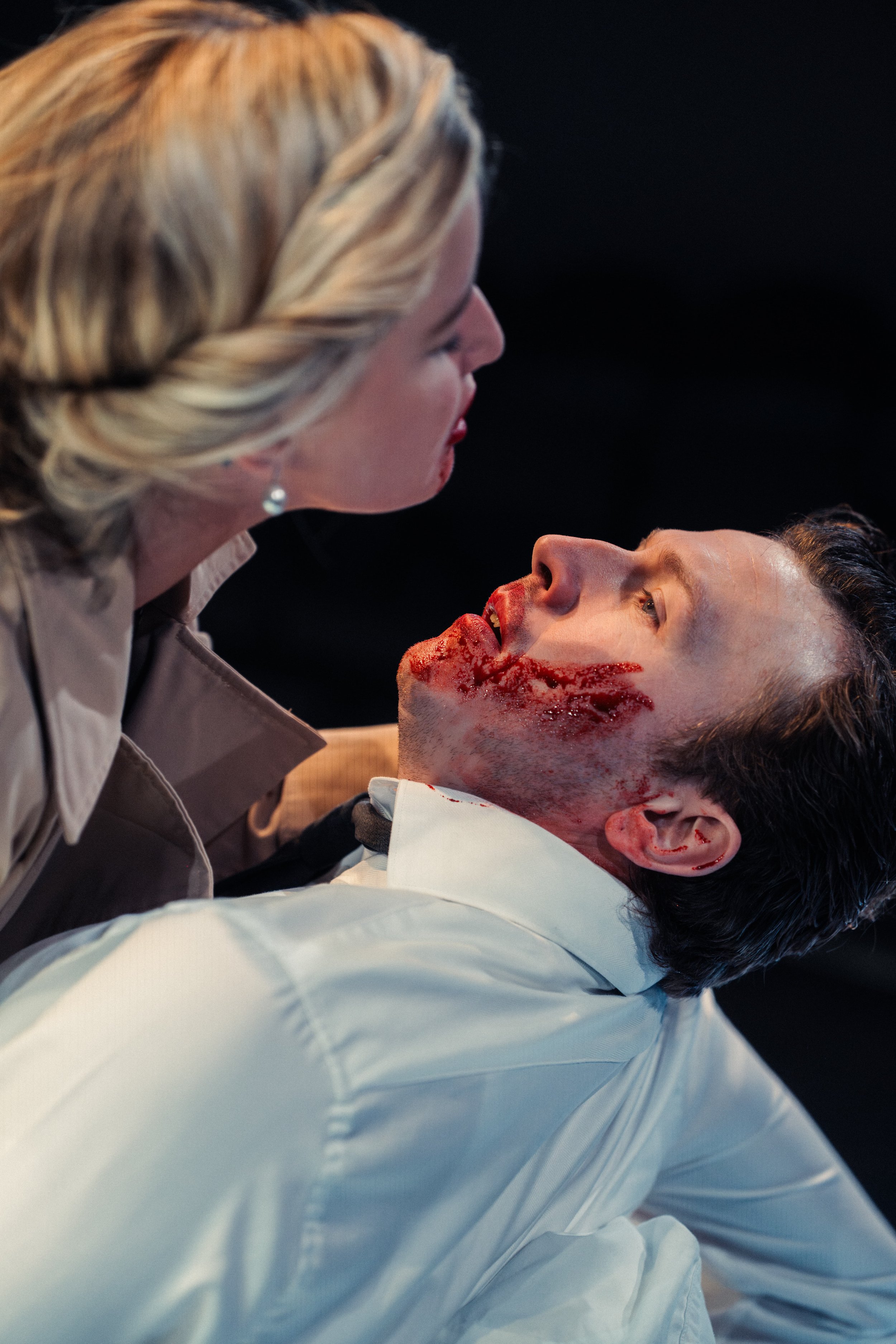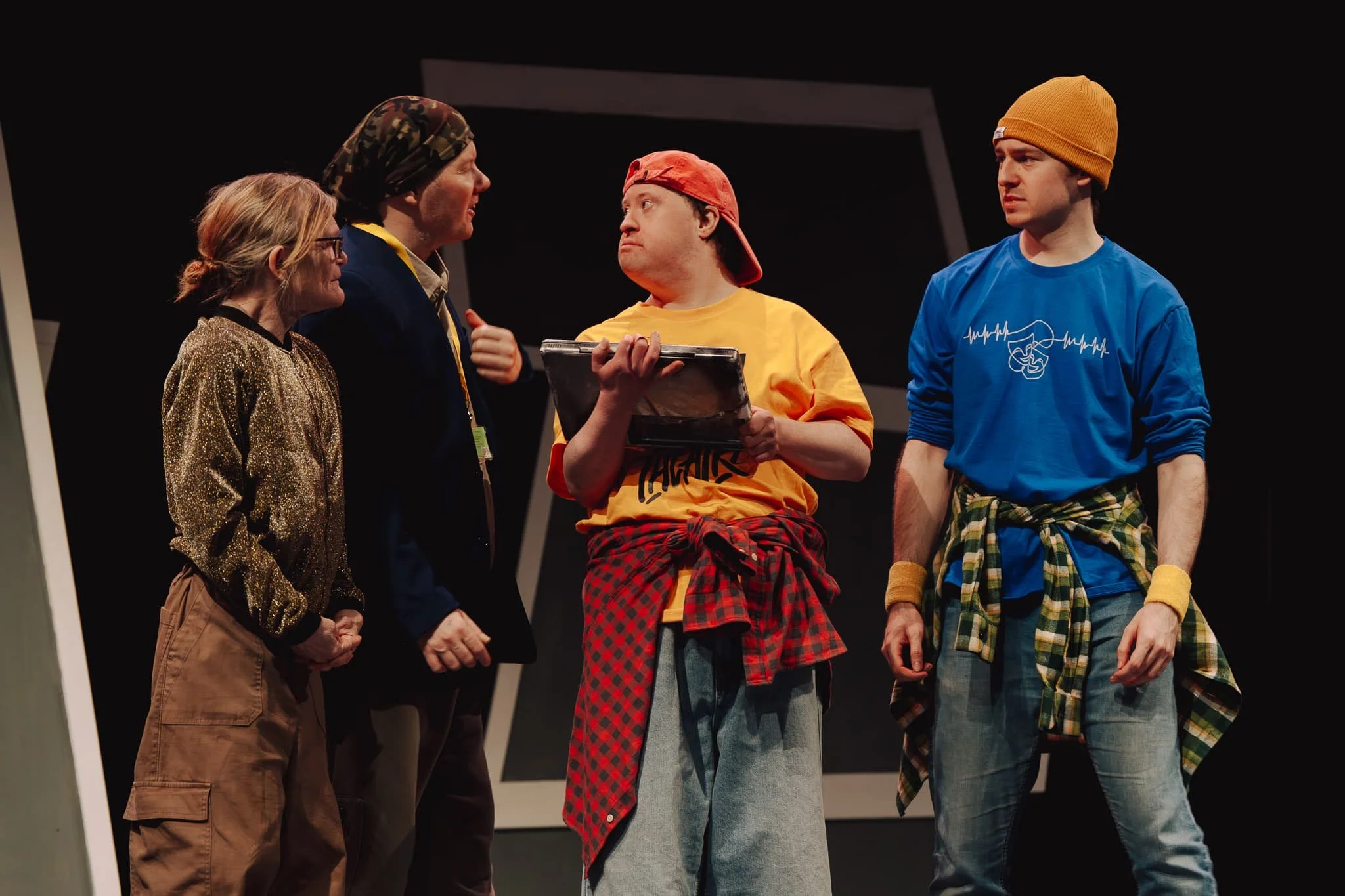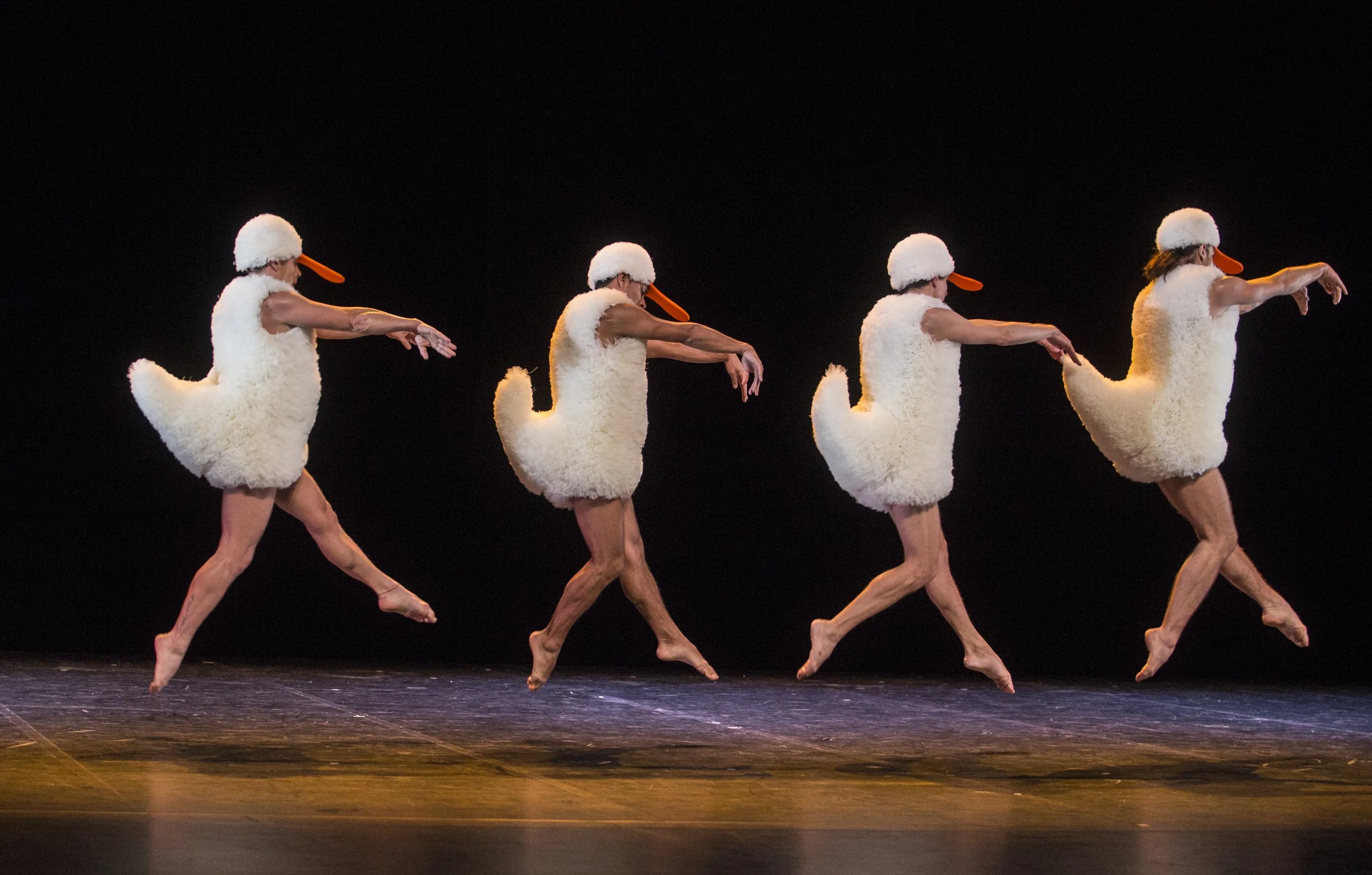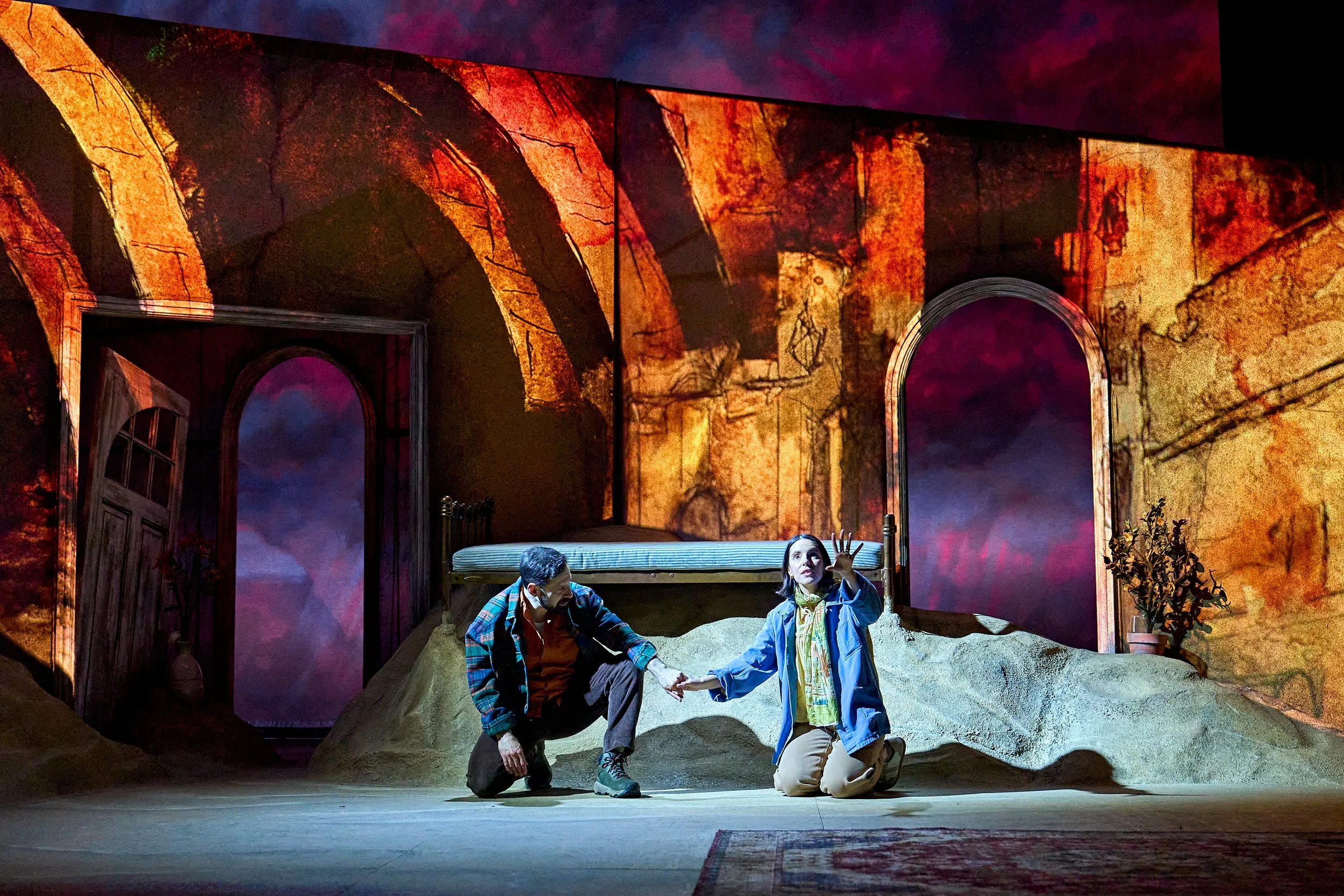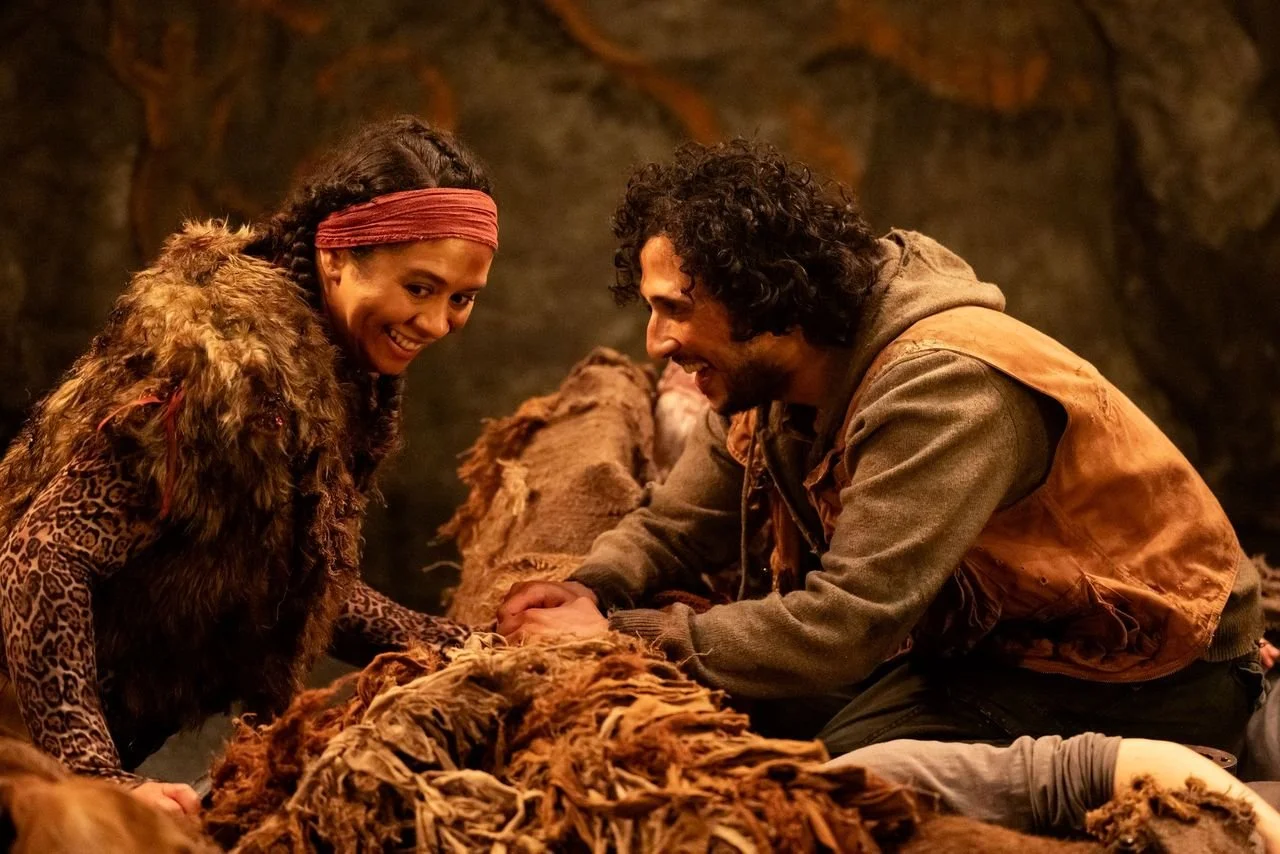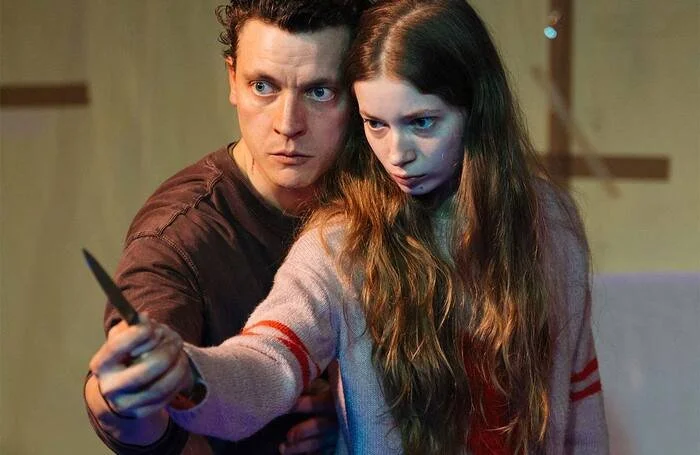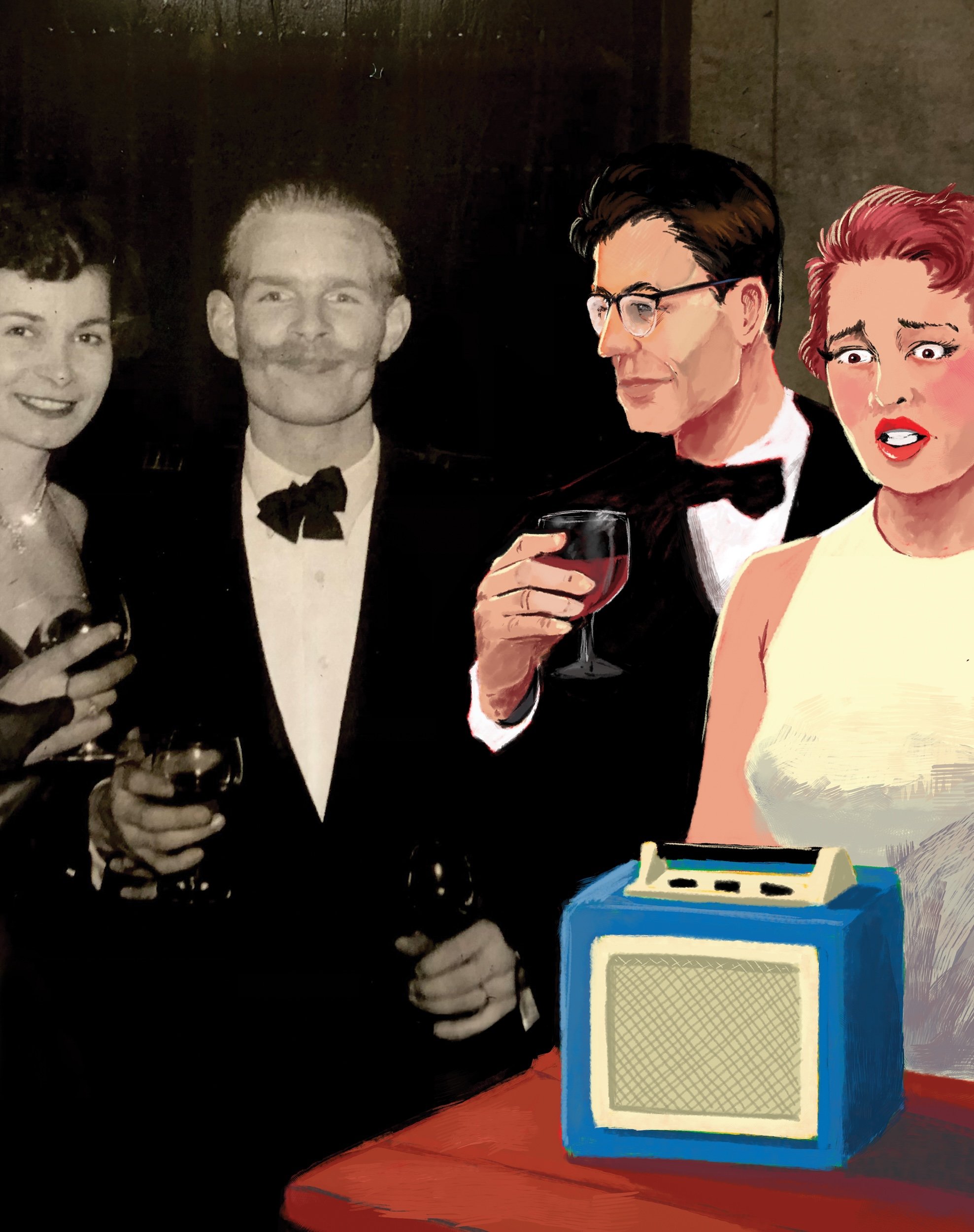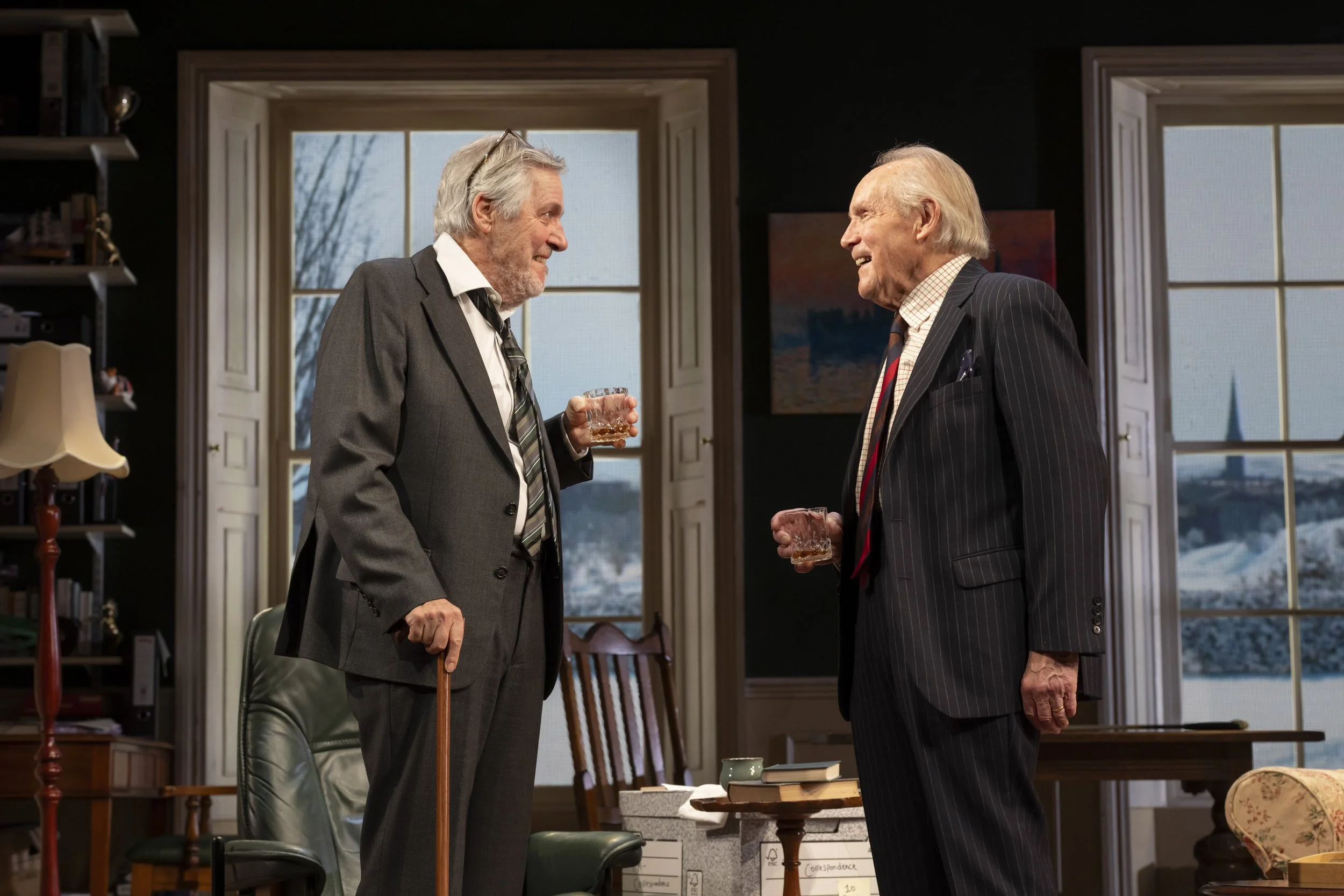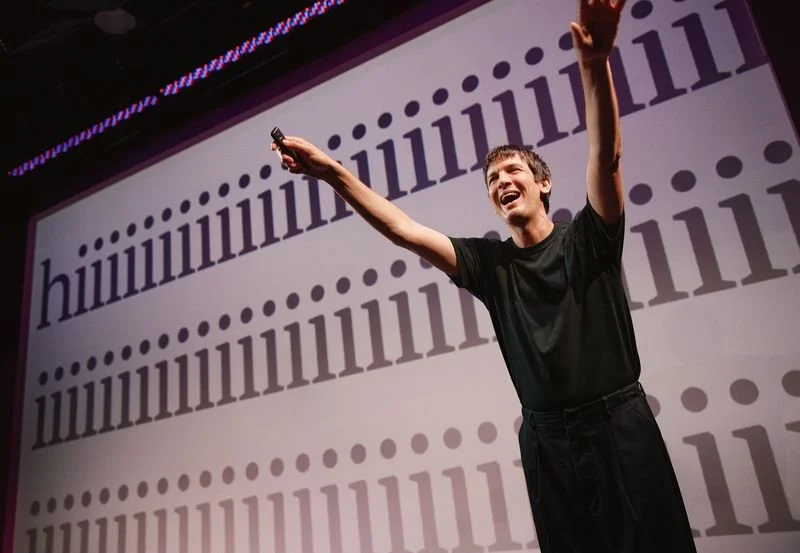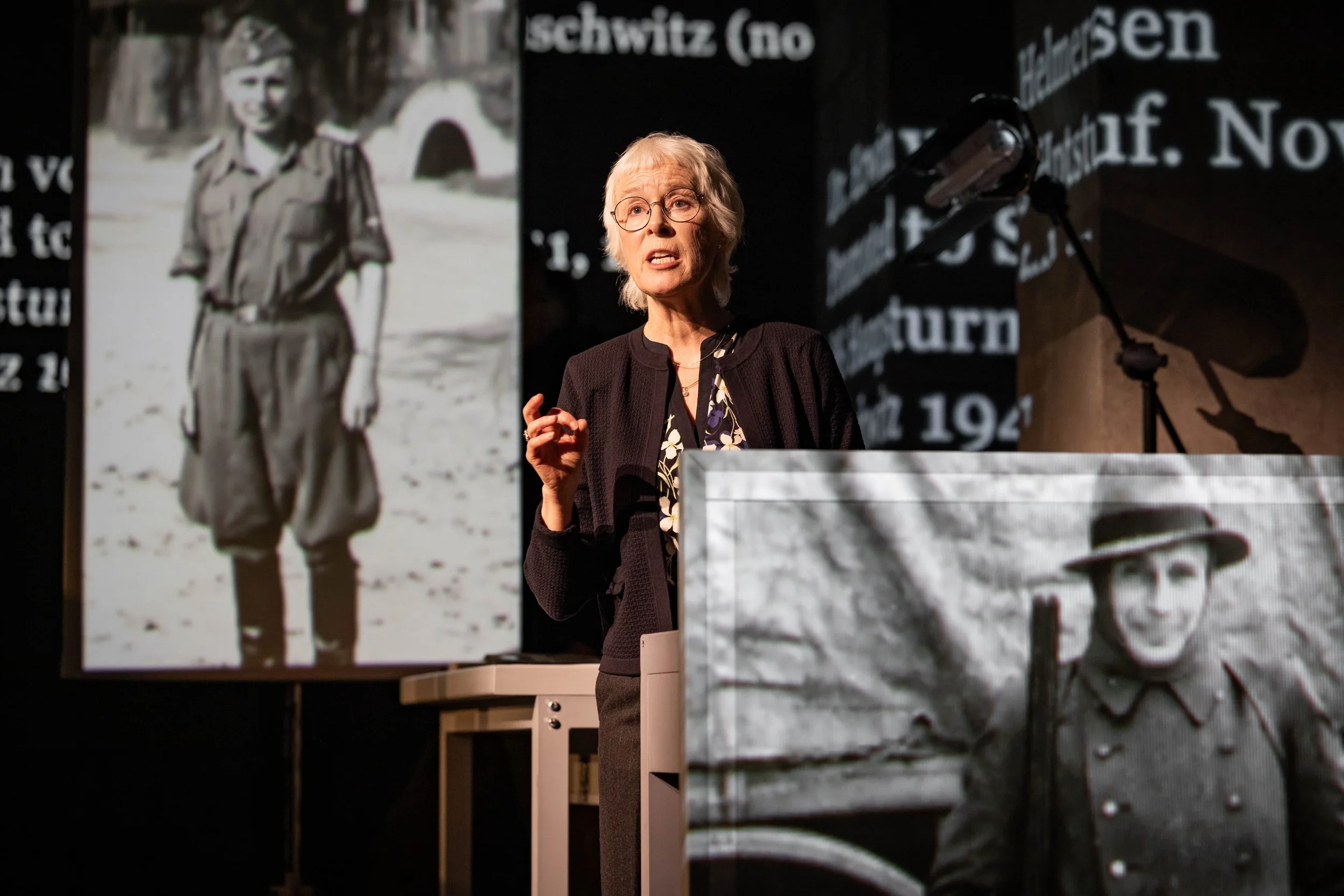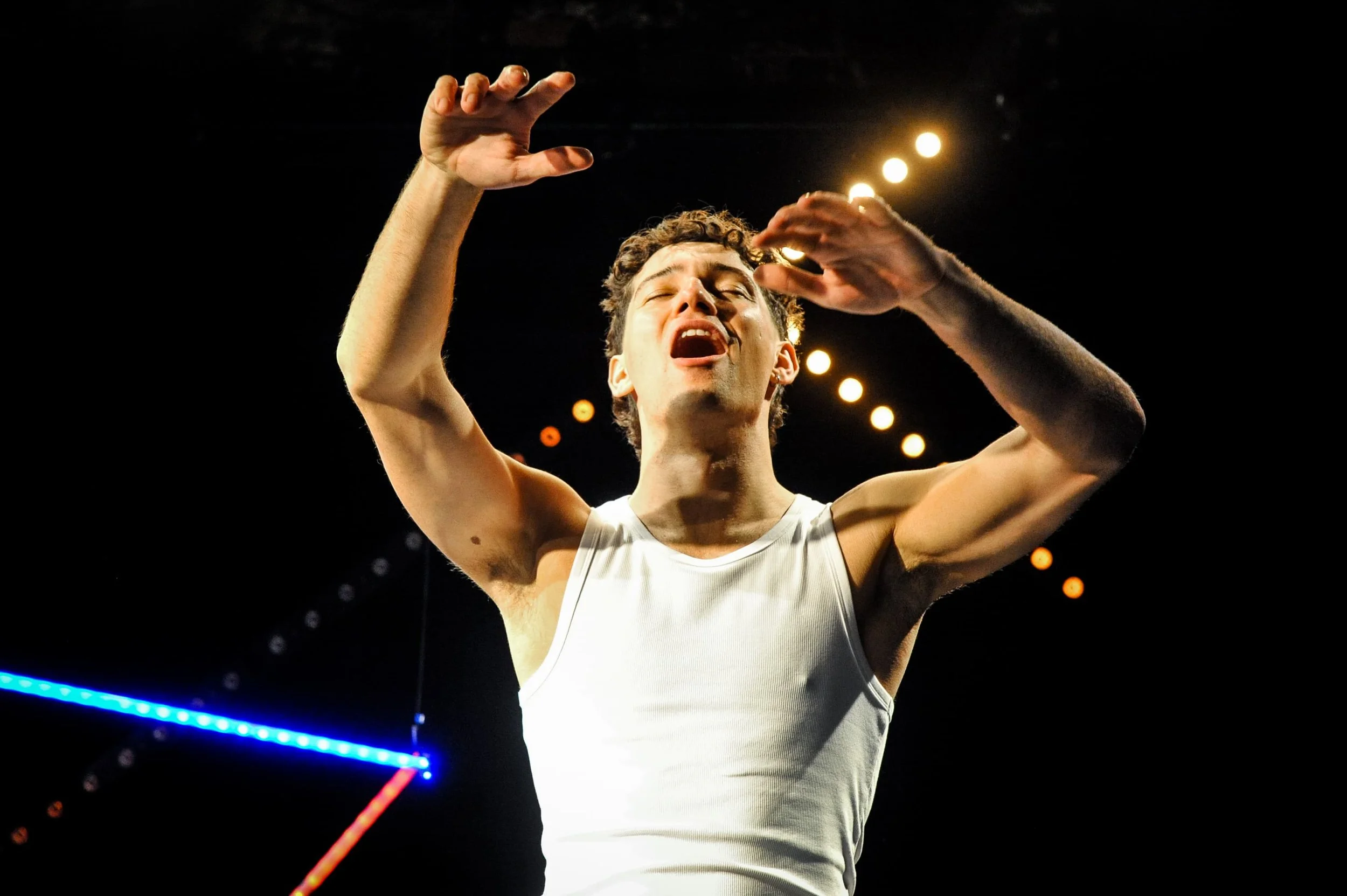The Government Inspector at Chichester Festival Theatre Review
The Government Inspector at Chichester Festival Theatre. Photo by Ellie Kurttz
Written by Rosie for Theatre & Tonic
Disclaimer: Gifted tickets in exchange for an honest review
This production includes the use of e-cigars and has one loud crash in Act One.
The Festival Theatre is a fully accessible space with lift access. Accessible toilets have audio-visual assistance for those with visual impairments that may need descriptions of where objects are in the space. CFT’s access scheme is easy to navigate and they offer a wide range of accessibility options to patrons, including but not limited to “Buddies” for those who do not feel comfortable attending the theatre alone, touch tours before certain performances and specific seat descriptions for those who need larger seats or specific requirements. See Chichester Festival Theatre’s dedicatedAccess page for more information.
Kick-starting the new season of Chichester Festival Theatre with a socio-political comedy in a time where it feels like all eyes are on the world governments and their actions, The Government Inspector could have been an all-around success. Highlighting government inadequacy, wrongdoings and self-preservation, Gogol’s farce was a surprising hit upon its premiere in 1836 Tsarist Russia, but in Phil Porter’s new adaptation, all sense of story and moral feels lost amongst glib one-liners and attempts at pantomime-adjacent comedy. Not for lack of trying from the cast, Gregory Doran’s direction does not allow the full dive into the satire or the pantomime, falling flatly between them and leaving it feeling dry and in need of something more.
When news of a government inspector coming to monitor the actions of a provincial Russian town reaches the governing body, the mayor (Lloyd Hutchinson) and his corrupt cohort of officials strike up plans to mislead and bribe their way to a pristine review. In a comedic act of misidentity, a foolish and penniless civil servant, Khlestakov (Tom Rosenthal) is assumed to be the said inspector, unbeknownst to him and his mistreated servant, Osip (Nick Haverson). As the town tries to lie their way through the ‘inspection’, Khlestakov realises that he has been misidentified and uses the situation to his monetary and social advantage. By the end of the entire ordeal, with Khlestakov and Osip fleeing the town, the officials are left with the news of the real inspector coming to visit and the realisation of their misplaced actions comes to light.
Unfortunately, Porter’s redefined adaptation of the Gogol classic leaves all the characters being deemed wildly unlikeable. The audience are rarely given someone they feel like rooting for, and even laughing at the ensemble feels as though it is a battle from the cast to earn the audience’s enthusiasm. Haverson’s hard done by Osip felt the most natural to watch in his scenes of commentary on his cruel master. He captured the comedic timing needed when paired with the absurd situation Osip finds himself in. Asides to the audience often fall flat and are not given the time to distinguish them from fourth wall breaks or general dialogue, but Haverson delivers his introductory monologue in perfect fashion that gives high hopes for the rest of the show. Equally, the ‘Tweedle Dee and Tweedle Dum’ type characters of Dobchinsky (Paul Rider) and Bobchinsky (Miltos Yerolemou) capture the exact slap-stick, pantomime-seque comedy that the play should have leaned into more. The pair deliver the right amount of clownish comic relief where scenes feel sluggish and need tightening.
Francis O’Connor’s set design perfectly captures the chaotic, dysfunctional world of the mayor and the town he oversees, turning overflowing cabinets into Russian townhouses slotted amongst extravagant doors and windows. The tight space of the attic room at the inn where Khlestakov and Osip stay also paints a perfect picture of the contrasting world he first finds himself in before accidentally graduating up to the delights of society. In addition to this, the allowance for physical comedy in the smaller space is where the show is at its best. O’Connor’s design is a major highlight of the entire show and complements the material in ways that allow for the more slapstick elements to land just right. Paired with the excellent transitions, Russian music performed by an onstage trio (Moira Hartley, Corey Wickens, Benedict Wood), scene changes flow between each other with a welcomed musical break before we resume the action.
Where some shows thrive with a large ensemble-based comedy, this particular production of the Gogol play feels like it never quite lands on its feet. Act Two is particularly sluggish in its attempts to work its way through every character having a singular interaction with Khlestakov, with little comedic payoff. A few select moments, namely with the Judge (Joe Dixon) and his excellent physical comedy, felt more adjacent to what they managed to pull off in Act One. But, as the second half feels so sluggish, even the final ‘gotcha’ moments and revelation feel anticlimactic. The final scene, featuring possibly the most iconic fourth wall break in the entire show, lands flatly as there is never a clear boundary to what is being said as an aside and what is actual dialogue within the scene. All in all, the show feels too long and slow to work as a farcical, quick-fire, socio-political comedy. With tighter direction and leaning more into the chaos, the show might have been able to reach its full potential but, in this form, never quite tickles the funny bone as it should. There is never any real conclusion to the events that befall the town that would leave the audience with some moral or comedic outcome, but that being said, there are the bones to a good comedy here and the moments that work really do work. The potential for the cast to grow even more into the roles is definitely something to look for, but at most, it is a decent night out at the theatre for a few laughs here and there.
At Chichester Festival Theatre until 24 May 2025
★★★



